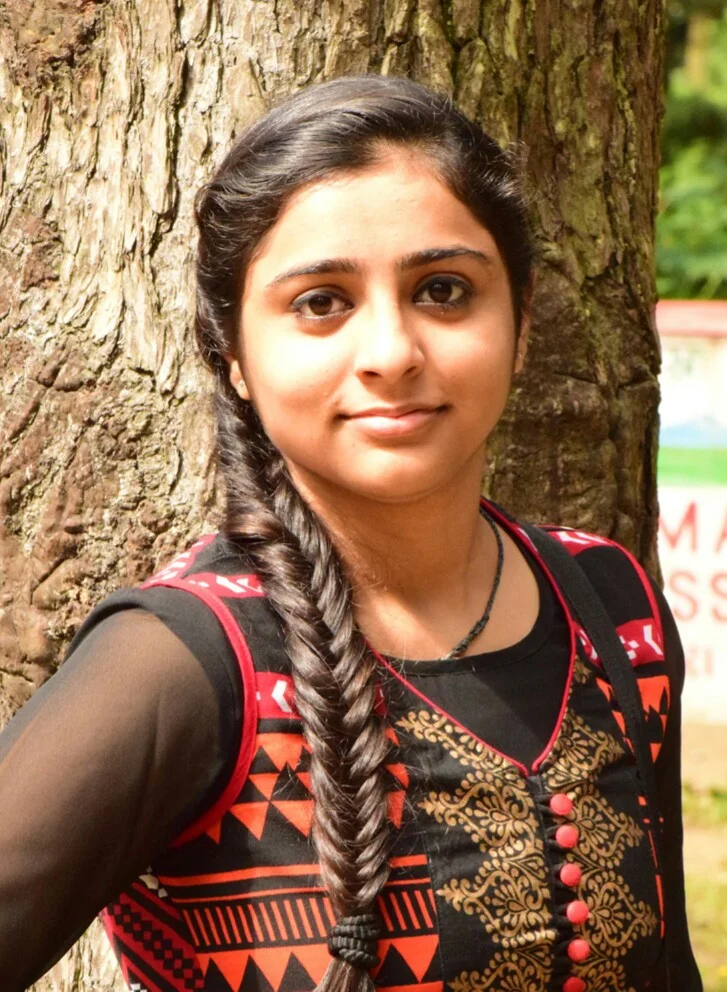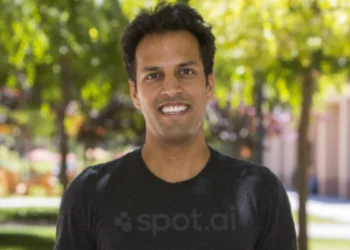Fei-Fei Li, the researcher of artificial intelligence, has secured US$230 million (RM989.5 million) from a star-studded list of investors for World Labs, a new AI start-up that will formally open on Friday.
The company aims to create “large world models,” or software that can make decisions about the three-dimensional world using photographs and other data. The money indicates the interest of the greatest names in the industry and investors’ ongoing hunger for technology that pushes the limits of artificial intelligence.
Andreessen Horowitz, NEA, and Radical Ventures—a Canadian venture capital firm where Li is a scientific partner—led the latest round of funding. World Labs refused to reveal how much it was worth.
Also Read: Fei-Fei Li’s World Labs Reaches $1 Billion Valuation in Four Months
Several prominent names in AI also made investments, including Geoffrey Hinton, a former Google AI researcher renowned for his contributions to machine learning, and Jeff Dean, head scientist of Google DeepMind. Hinton is one of Radical Ventures’ investors. The venture arm of Nvidia Corp. has also invested in the business.
Actor Ashton Kutcher, Salesforce Inc. CEO Marc Benioff, LinkedIn co-founder Reid Hoffman, former Google CEO Eric Schmidt, and venture capitalists are among the other individual investors.
The San Francisco-based start-up first intends to develop virtual three-dimensional settings where users can influence elements like physics; additionally, the firm will allow users to design their own three-dimensional “worlds.” According to World Labs, professionals in various fields, such as engineers, designers, developers, and artists, will find use for their software.
Also Read: MakeX World Robotics Championship 2024 Nationals to Be Held in Mumbai This October
The startup was founded by Li, who is currently on leave as co-director of Stanford University’s Institute for Human-Centered AI, along with three other AI experts: Ben Mildenhall, Justin Johnson, and Christoph Lassner. According to the company, it presently employs 20 people.
In April, Li hinted at the objectives of the start-up at a TED lecture, stating that “all beings with spatial intelligence, which links perception with action, have an innate urge to act.”
“We want more than AI that can see and talk if we want to advance AI beyond its current capabilities,” she continued. We want intelligent AI.
Many of the advances in AI today can be attributed to Li’s previous work. She was a member of the team that worked on the university project ImageNet, which produced a database of more than 15 million photos in 2006 and contributed to improvements in how computers identify things in pictures.
Also Read: OpenAI’s First Campus Recruitment at UC Berkeley, Expands Emerging Talent Tech Community


















